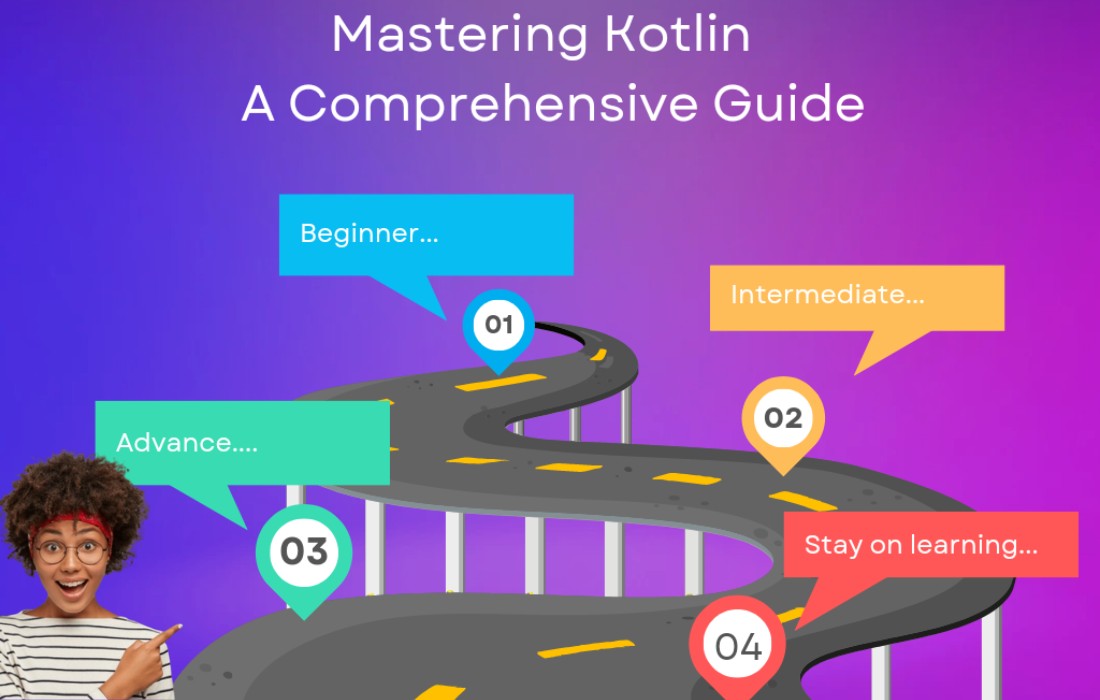Introduction
In programming, managing and manipulating collections of data is a frequent task. Almost every programming language features collections like arrays, lists, sets, and maps, which are fundamental for data storage and retrieval. Kotlin is no different, providing robust collection types and functions for developers. But what makes Kotlin stand out is its seamless integration with lambda expressions, allowing functional programming approaches to be easily applied. In this blog, we’ll delve into Kotlin’s collection types and the power of lambdas, covering everything from basic usage to advanced functional operations.
Major Collection Types and Creation Functions
Kotlin provides a set of collection types that are simple to use and powerful in practice. These types include arrays, lists, sets, and maps. Let’s explore each one and how to create them in Kotlin.
Arrays
Kotlin has an Array class that is similar to arrays in Java. Arrays are less common in Kotlin compared to lists but are still useful, especially when interacting with Java code. Arrays can be created using the arrayOf() function:
This prints:
Typed Arrays
Kotlin also has special classes for arrays of primitive types, such as IntArray, DoubleArray, CharArray, etc. These arrays are optimized for performance and can be created using dedicated functions like intArrayOf():
This prints:
Lists
A List in Kotlin is a basic one-dimensional collection type, analogous to a Java ArrayList. You can create a list using listOf():
This prints:
By default, listOf() creates an immutable list, meaning its contents cannot be modified.
Sets
Kotlin supports sets, which are collections of distinct values. A set can be created using setOf():
This prints:
Maps
Kotlin’s Map type is a collection of key-value pairs, similar to Java’s HashMap. You can create a map using mapOf():
This prints:
You can also have more complex structures, such as maps of lists:
Basic Usage
Once you create collections, you often need to manipulate or access their elements.
[] Syntax
To retrieve values from a collection, you use the [] syntax. For arrays and lists, this is based on a zero-based index. For maps, you provide the key:
This prints:
Typical Collection Functions
Kotlin provides a variety of functions to work with collections. Some of the most common include:
isEmpty(): Returns a boolean indicating whether the collection is empty.contains(): Checks if the collection contains a specific element (for maps, it checks keys).
Additionally, collections have other functions like:
first(),last(),firstOrNull(): For accessing the first or last element.
Conversion Functions
You can convert between collection types easily:
ArrayofferstoList()andtoSet().ListofferstoSet()andtoTypedArray().SetofferstoList()andtoTypedArray().
Immutability and Collections
While arrays are mutable, collections like List are immutable by default. To create a mutable list, use mutableListOf():
Introducing Lambda Expressions
Lambda expressions in Kotlin are a powerful feature, especially for functional programming. A lambda expression is essentially a function that you can treat as a variable.
What is a Lambda Expression?
A basic lambda looks like this:
You can pass lambda expressions as function parameters, hold them in variables, and call them when needed.
Lambda Expressions, Parameters, and Return Values
Lambda expressions can accept parameters and return values. For example, here’s a lambda that squares a number:
This prints:
Common Collection Operations with Lambdas
Kotlin provides several useful higher-order functions for collections, many of which use lambda expressions.
Iteration
You can iterate over a collection using forEach() or a traditional for loop.
This prints:
Alternatively, use a regular for loop:
filter()
The filter() function returns a subset of the collection based on a condition:
This prints:
map()
The map() function transforms each element of the collection and returns a new collection with the results:
This prints:
Varargs
Kotlin allows you to pass a variable number of arguments using the vararg keyword:
This prints:
You can also use the spread operator (*) to pass an array as vararg arguments.
Other JVM Collections
While Kotlin provides its own collection types, you can also use Java collections like LinkedList if needed.
Conclusion
Kotlin provides a rich set of tools for handling collections and lambda expressions, making it an excellent language for managing complex data structures and applying functional programming principles. Mastering these features will help you write more concise, expressive, and efficient Kotlin code.












